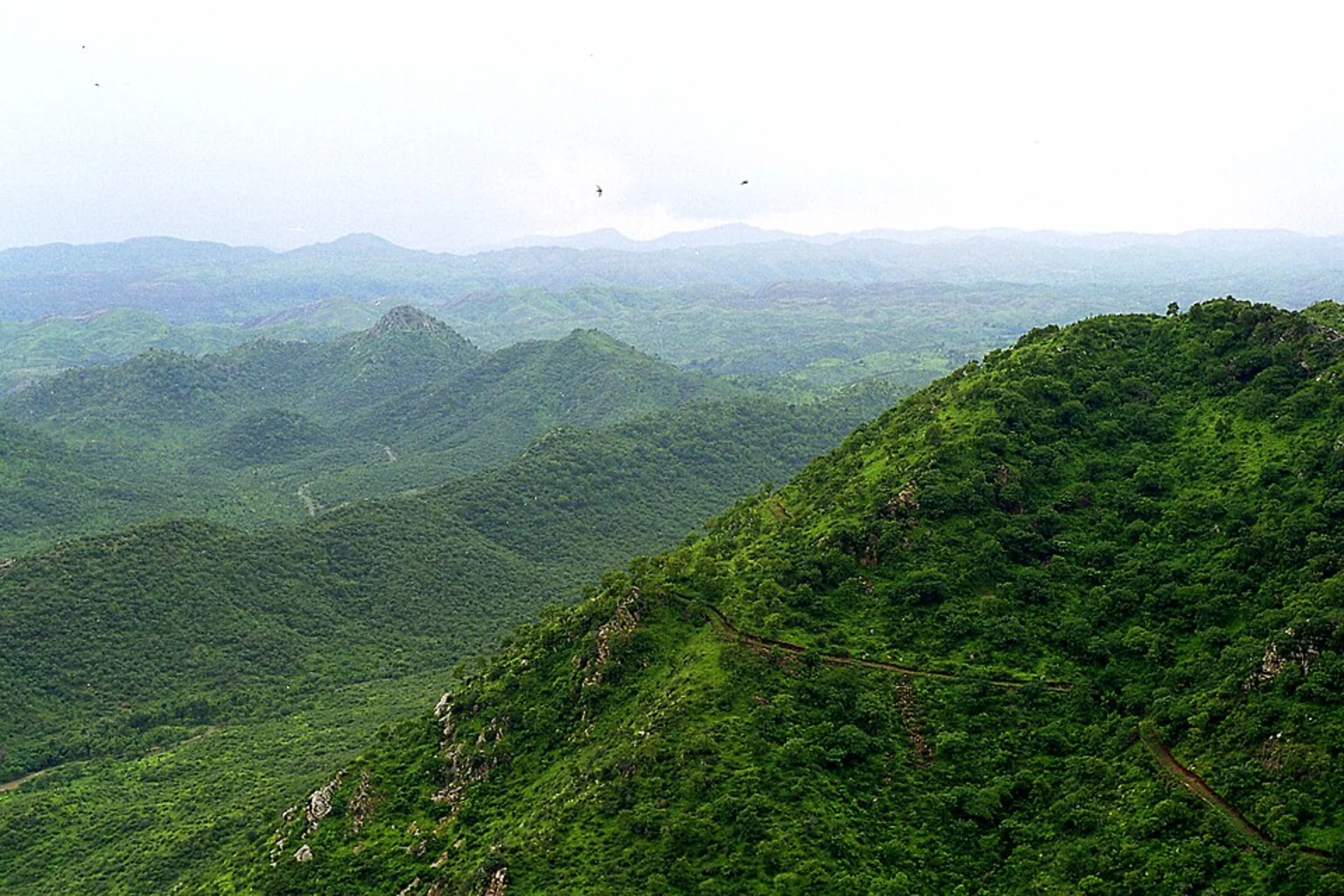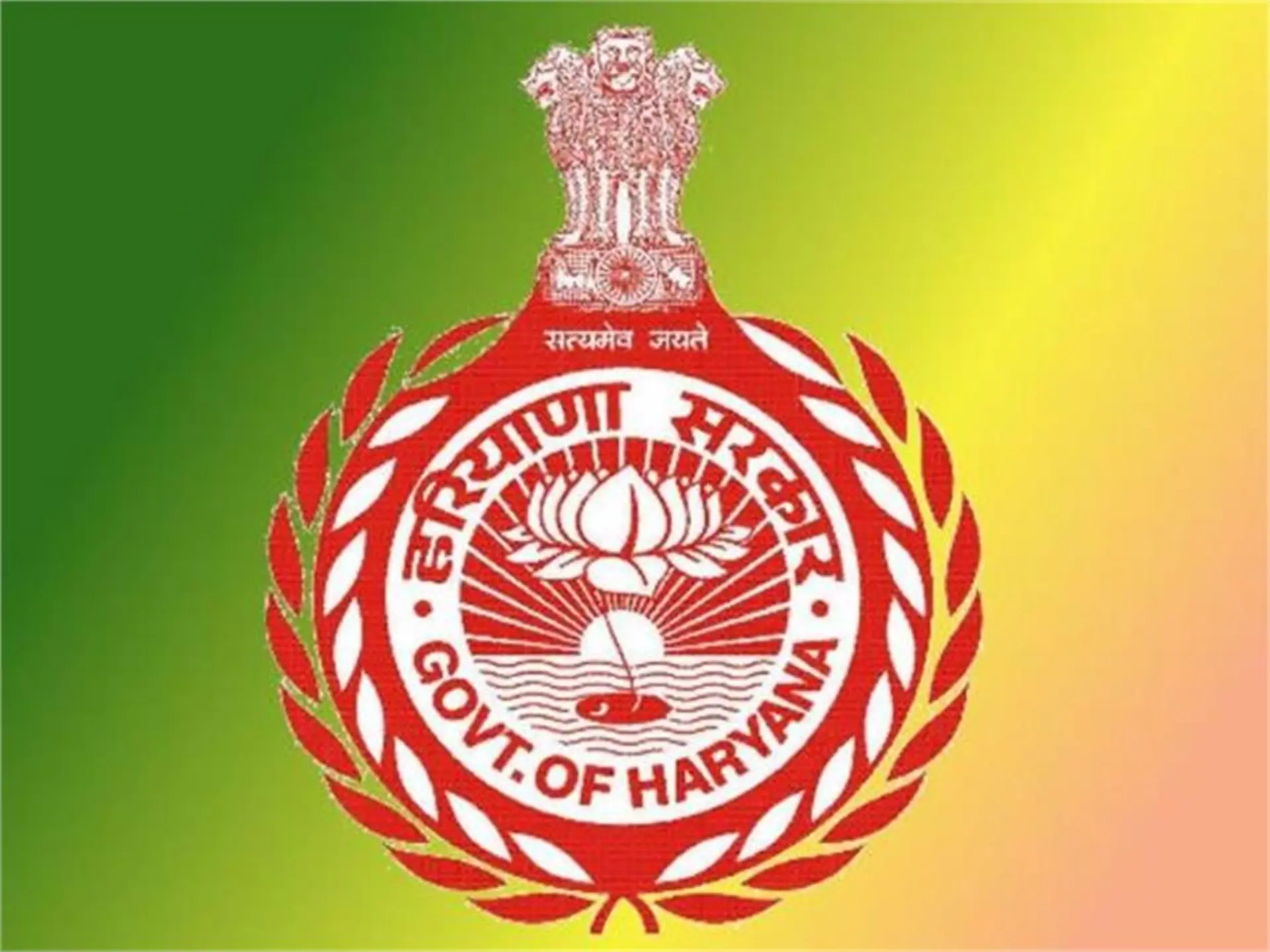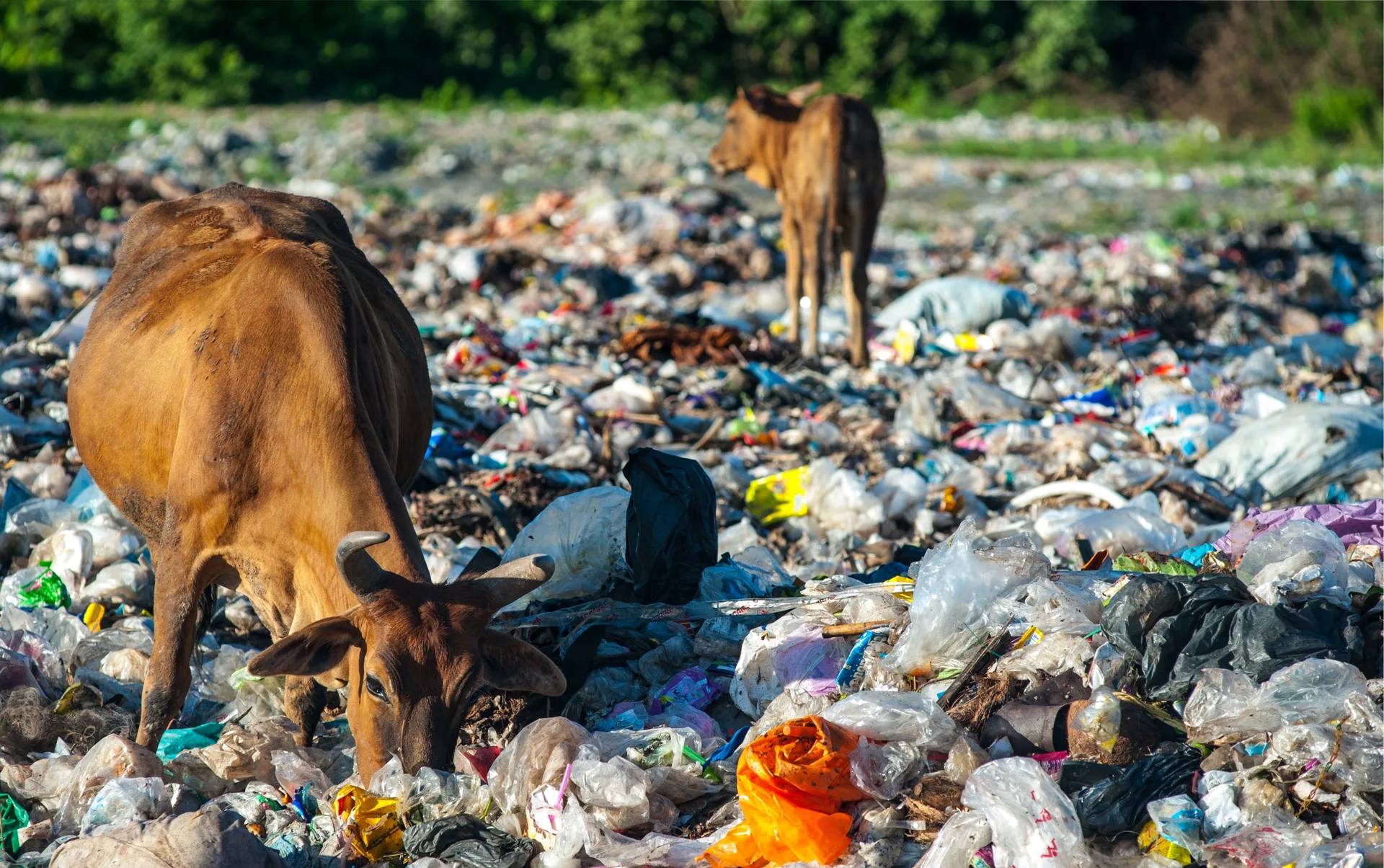
India and China have announced to resume the sacred Kailash mansarovar Yatra in the summer of 2025. Direct fights between the two nations will also be restored marking a new chapter in diplomatic and cultural relations.
The announcement has been made at a significant timing and starts a new chapter as 2025 marks the 75th anniversary of diplomatic relations between India and China. The decision to revive the Yatra emerged out of the productive discussion between Indian Foreign Secretary Vikram Misri and Chinese Vice Foreign Minister Sun Weidong. The discussion is followed up by the disengagement process in eastern Ladakh which demonstrates both nations' commitment to rebuild trust and cooperation.
The Significance of the Yatra
Kailash Mansarovar holds profound spiritual importance across multiple faiths. Mount Kailash, standing at 21,778 feet, is revered as Lord Shiva's house in Hindu tradition. The site also holds deep religious significance for Buddhists, who view it as the "Stairway to Heaven," and for Jains, who associate it with their first Tirthankara, Rishabhanatha's enlightenment. The Mansarovar Lake, believed to have been envisioned by Lord Brahma draws pilgrims seeking spiritual enlightenment and salvation through the sacred Kailash Kora circumambulation.
The distinctive pyramidal shape of Mount Kailash has sparked scientific interest and the pilgrims. The pilgrims often report unusual phenomena during their visits such as fast hair and nail growth. The mountain's natural acoustics during summer snowmelt, similar looking to Lord Shiva's damaru, add to its mystical allure.
Bilateral Cooperation
Beyond the pilgrimage, both nations have agreed to enhance cooperation in several key areas like restoring direct air connectivity through new air travel agrement, resumption of hydological data sharing for transborder rivers, formation of expert-level teams to manage shared water resources and implementation of people-centered policies to strengthen bilateral ties.
Future Impact
External Affairs Minister S. Jaishankar has emphasized the importance of people-centered approaches in stabilizing Indo-Chinese relations. The resumption of the Yatra, coupled with direct flights, represents more than just religious tourism – it signifies a mutual commitment to strengthening cultural understanding and diplomatic ties. This development is expected to catalyze broader economic and cultural exchanges between the two nations.
related


₹60,000 Crore Spent, But Gurugram Still Choked: Gadkari Deflects Infrastructure Question With Auto Industry Pitch

Laying the Strongest Foundation Education Reform Language Empowerment and India’s Path to AI Sovereignty













